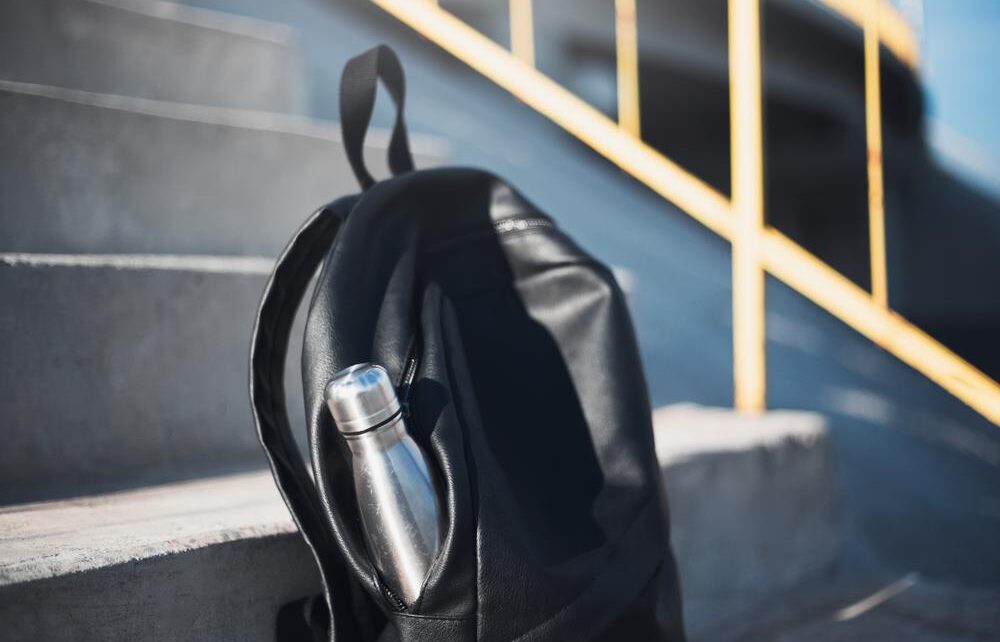In recent years, the fashion industry has witnessed a surge in the popularity of vegan leather as a sustainable and cruelty-free alternative to traditional animal-based materials. This shift has extended to accessories like backpacks, with many individuals opting for vegan leather options. In this article, we’ll delve into the world of vegan leather backpacks, exploring their pros, cons, and everything you need to know before making the switch click here.
Pros of Vegan Leather Backpacks
Ethical and Cruelty-Free: One of the primary reasons individuals choose vegan leather is its cruelty-free nature. Unlike traditional leather, which involves the use of animal hides, vegan leather is made from synthetic materials, eliminating the need for animal exploitation.
Environmentally Friendly: Vegan leather production typically has a lower environmental impact compared to traditional leather manufacturing. Traditional leather production involves significant amounts of water, energy, and chemicals, contributing to deforestation and pollution. Vegan leather, being synthetic, can be produced with fewer resources and can even be made from recycled materials.
Versatility in Design and Color: Vegan leather offers designers greater flexibility in terms of colors and textures. With advancements in technology, manufacturers can create a wide variety of styles, imitating the look and feel of genuine leather or exploring unique designs that set vegan leather apart.
Lower Cost: Vegan leather tends to be more affordable than genuine leather. This cost difference is often attributed to the lower production expenses associated with synthetic materials, making vegan leather an attractive option for budget-conscious consumers.
Durability: High-quality vegan leather backpacks can be just as durable as their animal-based counterparts. Advances in manufacturing processes have allowed for the creation of sturdy and long-lasting synthetic materials that withstand daily wear and tear.
Cons of Vegan Leather Backpacks
Environmental Impact of Synthetics: While vegan leather production is generally considered more eco-friendly, it is crucial to acknowledge the environmental impact of synthetic materials. Some synthetic fabrics are derived from petroleum-based products, contributing to non-renewable resource consumption and greenhouse gas emissions.
Limited Breathability: Vegan leather may lack the natural breathability of genuine leather. This can result in less comfort, especially in warmer climates, as the material may not allow air to pass through as effectively.
Less Biodegradable: Unlike traditional leather, which is biodegradable, some vegan leather alternatives may not decompose as easily. This raises concerns about the long-term environmental impact of synthetic materials that persist in landfills.
Quality Variability: The quality of vegan leather can vary significantly depending on the manufacturing process and materials used. Some lower-quality options may peel or crack over time, impacting the longevity of the backpack.
Sustainability Challenges: While vegan leather is often marketed as a sustainable choice, it’s essential to consider the overall lifecycle impact. The production and disposal of synthetic materials still pose challenges in terms of waste management and recycling.
Conclusion
Before making the switch to a vegan leather backpack, it’s crucial to weigh the pros and cons carefully. While these alternatives offer ethical and environmentally friendly options, potential drawbacks such as limited breathability and environmental concerns should be considered. As technology continues to advance, the industry may find ways to address these challenges, making vegan leather an even more appealing choice for conscious consumers. Ultimately, the decision to switch to a vegan leather backpack depends on personal values, preferences, and a commitment to supporting sustainable and cruelty-free practices in the fashion industry.



